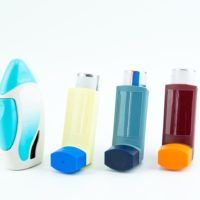
What works for Irritable Bowel Syndrome?
Published
A recent analysis of all the available scientific evidence found that 3 simple remedies were effective in this difficult-to-treat condition. They were: Peppermint oil. Relieves bowel spasms. Ispaghula husk, also called psyllium. (Wheatbran – ‘bran’ – was not effective) Antispasmodic medication, such as hyoscine. All these treatments are well tolerated and are available over-the-counter. Speak to








